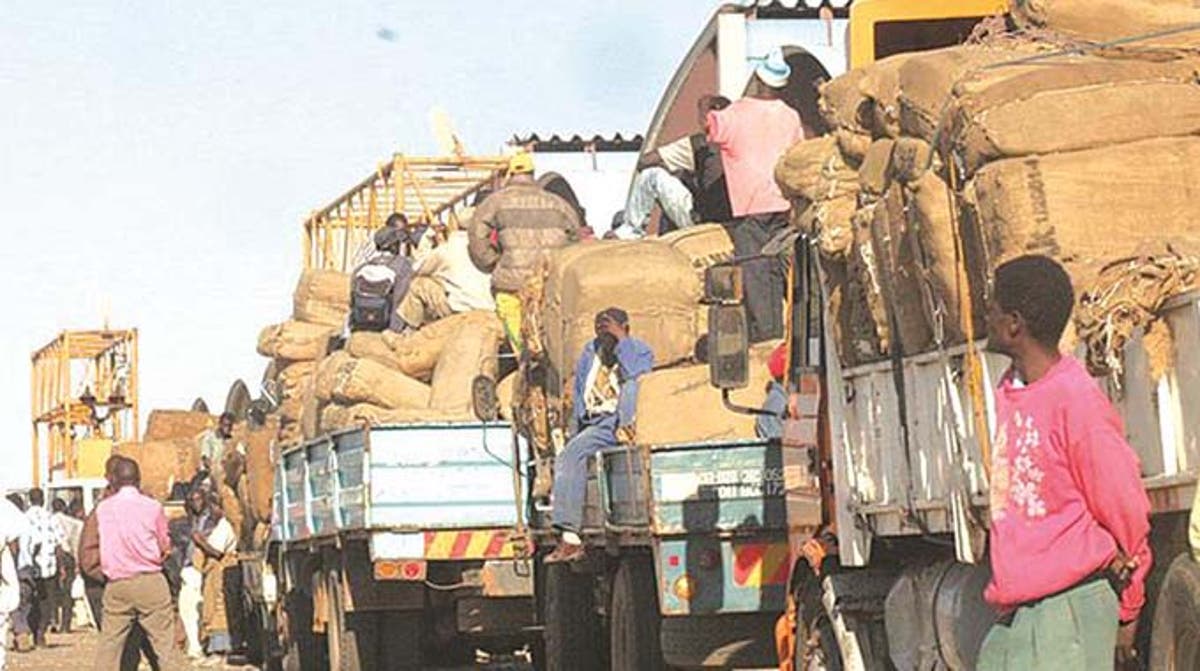Policy measures needed to lure young people into farming
During the past week, we received a lot of feedback from young people expressing their desire to engage in commercial agriculture, including small livestock production, specifically goats and sheep.
As I engaged with many of these young people, it became apparent that there are current policy and information gaps regarding opportunities for young people to engage in agricultural enterprises and produce food for the country while earning a living from it.
In response to this feedback, this week’s column is dedicated to addressing the question of how the government and other stakeholders can make agriculture an
attractive enterprise for young people.
The SADC Regional Agricultural Policy (RAP), the regional blueprint for agriculture approved by the SADC Council of Ministers in August 2014, recognises the indispensability of agricultural development not only in poverty reduction but also as a key supplier of raw materials for the region’s industrialisation.
For Zimbabwe, agriculture remains the cornerstone of the economy, contributing significantly to the country’s GDP and employment. However, the average age of farmers in Zimbabwe is increasing, with many young people reluctant to engage in farming due to various barriers.
According to the Food and Agriculture Organisation (FAO), the global average age of farmers is 60 years old, and it is likely even higher in Africa. This means there are not enough successful young farmers to serve as role models.
Farming is typically viewed as a rural venture for older people, often entered as a last resort and usually on a subsistence basis. Therefore, it is crucial to address the barriers preventing young people from entering agriculture to ensure the sustainable development of the sector.
While agriculture is estimated to account for approximately 67 percent of employment in Zimbabwe, the reality is that the participation of young people in agriculture is alarmingly low.
This is critical, considering that unemployment is highest among young people, with many migrating to urban areas in search of better opportunities.
Agriculture offers a potential alternative to reverse this trend, but targeted interventions are necessary for this to be possible.
Access to land poses a significant hurdle for young aspiring farmers. Despite the Government’s efforts to target young people under the land reform programme, many still struggle to secure arable land for agricultural activities.
It is therefore imperative for the government to continue enhancing the transparency and fairness of land allocation processes. There are reasonable grounds for the Government to push for a dedicated quota for young farmers in land distribution programmes, including young women, to ensure they have access to land.
Through policy interventions, the government should deliberately allocate underutilised land to young farmers to provide them with a more straightforward entry point into farming. Similarly, the Government should provide secure land tenure to young farmers to encourage them to make long-term investment and development in agriculture.
Knowledge and skills are vital for the success of young farmers, many of whom lack access to modern agricultural education and training. To address this challenge, modern agricultural practices and technologies should be integrated into school curricula and vocational training programmes. Partnerships between educational institutions and agricultural organisations can offer practical training and internships, enhancing the skill set of young farmers.
Strengthening agricultural extension services to provide continuous support and training is also crucial as this ensures that young farmers receive the latest agricultural research, best practices and technologies. Similarly, developing digital platforms and mobile applications that provide access to agricultural knowledge, market information, and advisory services is essential and young people themselves can be enticed through well-structured incentives, to develop these applications.
There is evidence from research that digital agriculture can increase productivity by up to 30 percent. This should be an attractive proposition to young people.
Another important policy consideration for attracting young people into agriculture is access to capital. Securing capital remains a significant challenge for young farmers, who often lack the collateral and credit history required by traditional financial institutions.
Establishing dedicated youth agricultural funds to provide grants, low-interest loans and microfinance options tailored to young agricultural entrepreneurs is, therefore, essential.
Encouraging public-private partnerships can help develop innovative financing solutions and offer mentorship and business development support. In addition, implementing risk mitigation mechanisms such as crop and livestock insurance and credit guarantees can reduce the financial risks associated with farming, especially during drought periods like this farming season. This may incentivise financial institutions to be more willing to lend to young farmers.
A supportive policy environment is crucial for sustaining youth interest in agriculture, facilitating their participation in commercial farming.
The Government should consider various measures, including providing incentives and subsidies for inputs such as seeds, fertilisers, and equipment, along with tax incentives for agricultural businesses owned by young people to stimulate growth.
Secondly, better market access can be facilitated by improving infrastructure, such as roads and storage facilities, and creating platforms for direct market linkages.
Furthermore, involving young farmers in agricultural policy-making processes is essential, as their insights and experiences are invaluable for developing policies that address their needs and challenges. Lastly, promoting agribusiness ventures that add value to agricultural produce and train young farmers in agribusiness management can create opportunities for higher income and employment within the sector.
In conclusion, attracting young people to farming in Zimbabwe requires a multifaceted approach that addresses access to land, knowledge, capital, and supportive policies. The Government needs to create an enabling environment where young people view farming as a viable and rewarding career.
The active participation of youth in agriculture is critical for the sector’s future and the sustainable development of our country’s economy.-herald










